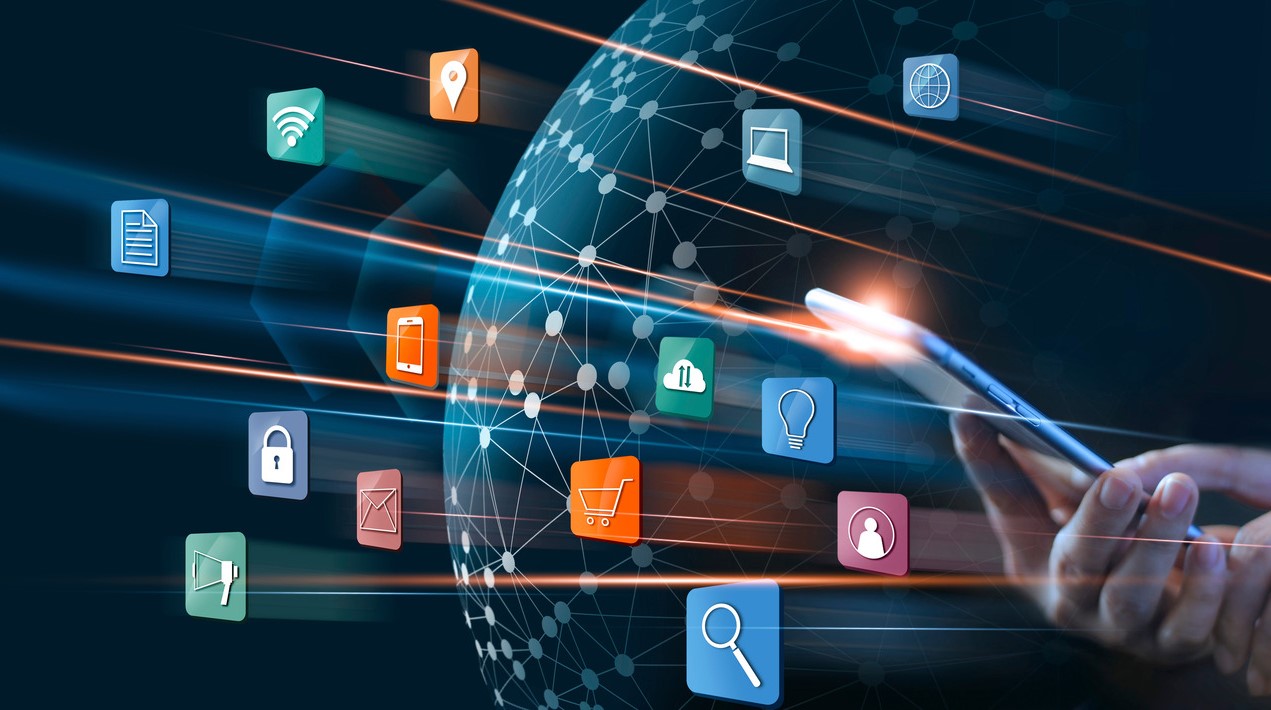
According to DOST Secretary Renato Solidum Jr, a system that permits the distribution of digital information solely to those for whom it is meant has been widely promoted using blockchain technology, hence, it fosters trust, dependability, and transparency among all network users.
With this, a total of 84 personnel from the Department of Science and Technology (DOST) offices across the country have completed blockchain technology training, and they are excited to see how they will apply what they have learned not only for their personal growth but also for the benefit of their offices and the public.
Most Filipinos only knew blockchain as the technology underlying digital currency and cryptocurrency, but it has since been discovered that blockchain technology can be applied in a variety of fields including healthcare, owner and property rights, identity management, and decentralised autonomous organisations.
Because it uses highly powerful encryption technology to prevent tampering and unauthorised transactions, blockchain has been widely adopted as a hyper-secure solution for financial organisations.
The legalisation of bitcoin pushes companies and investors to increase their investments in blockchain technology. Furthermore, it pushes market participants to make greater attempts to improve their services to be more competitive.
The global blockchain technology market was estimated at S$5.92 billion in 2021 and is predicted to increase at a compound annual growth rate (CAGR) of 85.9 per cent from 2022 to 2030, with increasing venture capital funding in blockchain technology businesses driving market expansion. Companies’ efforts are expected to make blockchain technology more effective and efficient soon.
DOST thinks that to reap its full benefits, complex and interrelated challenges, and issues such as well-structured policies and regulatory frameworks for collective governance, growing people’s capabilities, and transformation must be addressed. Thus, technology awareness and appreciation should be encouraged among the public.
Meanwhile, a multinational technology company, in collaboration with the ICT Literacy and Competency Development Bureau (ILCDB) of the Department of Information and Communications Technology (DICT), is examining the possibility of making current, in-demand ICT training courses available to the Filipino workforce and students.
As the country embarks on a path to recovery, a significant portion of the local workforce either lost their jobs entirely or found themselves unable to meet the technological demands of the current job market. In this “new normal,” establishing a new and sustainable means of income generation through stable employment is proving more difficult than in previous years.
To address these issues, the DICT intends to upskill and reskill the country’s people and to offer additional work possibilities for citizens of all ages and levels of education. To assist Filipinos with limited financial means to participate in this project, a scholarship system will be made available through a criterion-based candidate selection procedure.
In addition, the DICT is proposing a safety measure for the internet protection of vulnerable sectors, including members of the Lesbian, Gay, Bisexual, Transgender, Queer, and More (LGBTQ+) community. During a hearing held by the Philippines Senate committee on women, children, family relations, and gender equality last month, the DICT underlined the proliferation of prejudice on online platforms due to the increased usage and reliance on technology.
The DICT feels that further safety measures should be implemented to ensure that Filipinos are not subjected to online discrimination and that doing so will help not only LGBTQ individuals but all those who are vulnerable to online harassment. The DICT has also endorsed the proposed Sexual Orientation, Gender Identity or Expression, or Sexual Characteristics (SOGIESC) Equality Act.
















